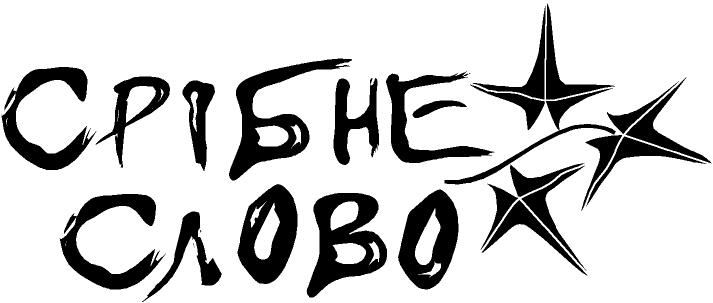- Рубрики
- Філософія, психологія, педагогіка
- Історія
- Політика, право
- Економіка
- Математика
- Фізика
- Хімія, хімічна технологія
- Біологія, валеологія
- Геодезія, картографія
- Загальнотехнічні науки
- ІТ, комп'ютери
- Автоматика, радіоелектроніка, телекомунікації
- Електроенергетика, електромеханіка
- Приладо-, машинобудування, транспорт
- Будівництво
- Архітектура, містобудування
- Мовознавство
- Художня література
- Мистецтвознавство
- Словники, енциклопедії, довідники
- Журнал "Львівська політехніка"
- Збірники тестових завдань
- Книжкові видання
- Наукова періодика
- Фірмова продукція
Віктор Петрушенко Людина і знання: епістемологічна складова філософської антропології
УДК 1/14; 001.92:37
ЛЮДИНА І ЗНАННЯ:
ЕПІСТЕМОЛОГІЧНА СКЛАДОВА
ФІЛОСОФСЬКОЇ АНТРОПОЛОГІЇ
Віктор Петрушенко
Національний університет “Львівська політехніка”
(стаття надійшла до редакції 11.03.2017 р. – прийнята до друку – 20.04.2017 р.)
© Петрушенко В. Л., 2017
Проаналізовано сучасні трактування знання у контексті проблеми формування суспільства знань та новітніх виявлень пізнавальних можливостей людини. Досліджено сучасні визначення знання і його будова з позиції представлення в ній як дійсності, так і людських якостей. Простежується зв’язок вихідних компонентів будови знання з людськими антропними характеристиками та інтелектуальними властивостями людини та робиться висновок про неприпустимість зведення знання до інформаційного компоненту сучасної суспільної життєдіяльності. У статті використано методи компаративістики, аналізу і синтезу, феноменологічної редукції. Висновки статті можна використати для вивчення інформаційного суспільства та суспільства знань.
Ключові слова: знання, будова знання, базові антропні характеристики людини.
MAN AND KNOWLEDGE:
THE EPISTEMOLOGICAL COMPONENT
OF PHILOSOPHICAL ANTHROPOLOGY
Victor Petrushenko
The article discovers communication paths between knowledge and man, and their essential characteristics. Modern interpretations of knowledge are analyzed in the context of problems of knowledge formation in society and the latest manifestations of man’s cognitive abilities. Contemporary definitions of knowledge, and also its structure from the point of its presentation – in both, reality and essential qualities of man, are analysed. Initial components of knowledge are as follows: sensually-given reality, constructive and meaningful components. Real statement of knowledge is manifested through language and semantic-symbolic form. The article traces communications of initial components of knowledge structure with anthropic characteristics and intellectual abilities of the man, and inadmissibility to reduce knowledge to an information component of contemporary social life-activity. The author is proving that meaningful component of knowledge is especially connected with ontology of the man, and thus, cannot be transformed in the information-functional component structures.
The author applies methods of comparative analysis, analysis and synthesis, discourse-analysis, phenomenological reduction. Study was conducted with using of modern scientific studies on the topic. Conclusions of the article can be used for further study of information society and knowledge society, especially in the context of confrontation to modern trends of becoming a post-human and his/her social function. Prospects of future studies of this topic are supposed to give us more detailed outcomes on connection of main knowledge components with major areas of social life activity and culture.
Keywords: knowledge, knowledge structure, basic anthropic human characteristics.
Кількість посилань 13


















